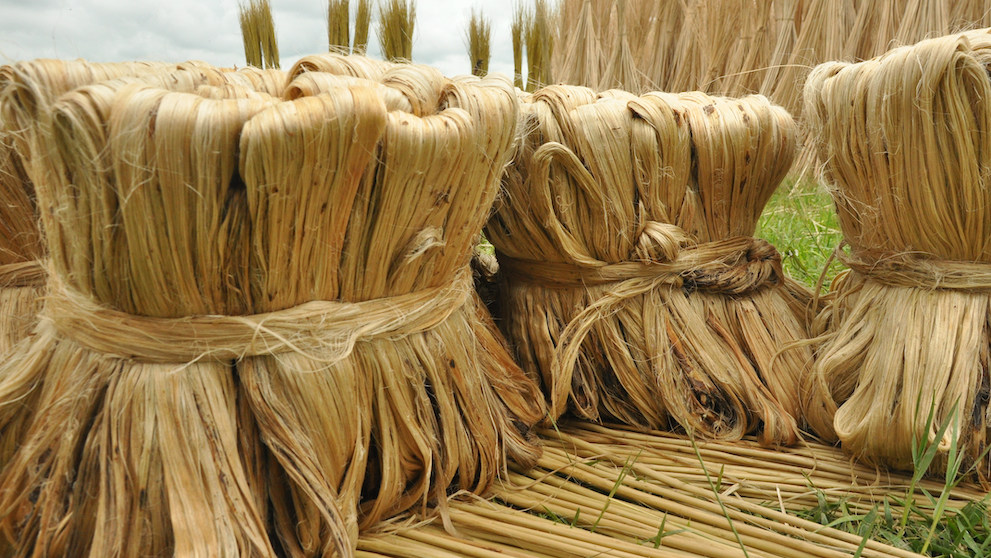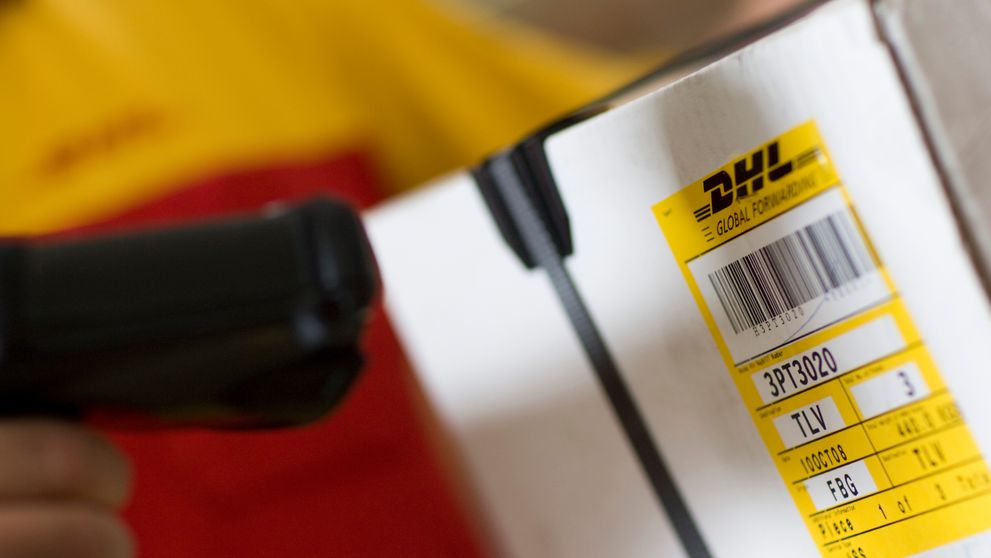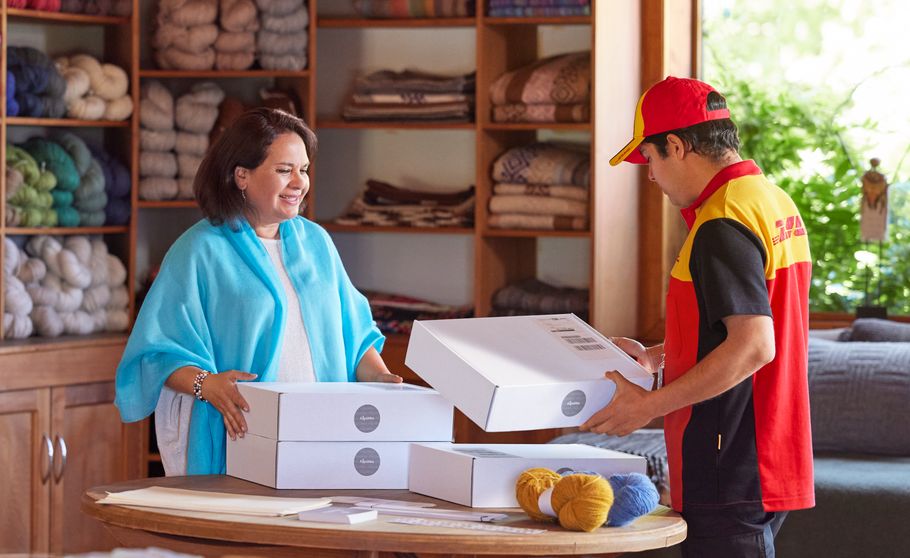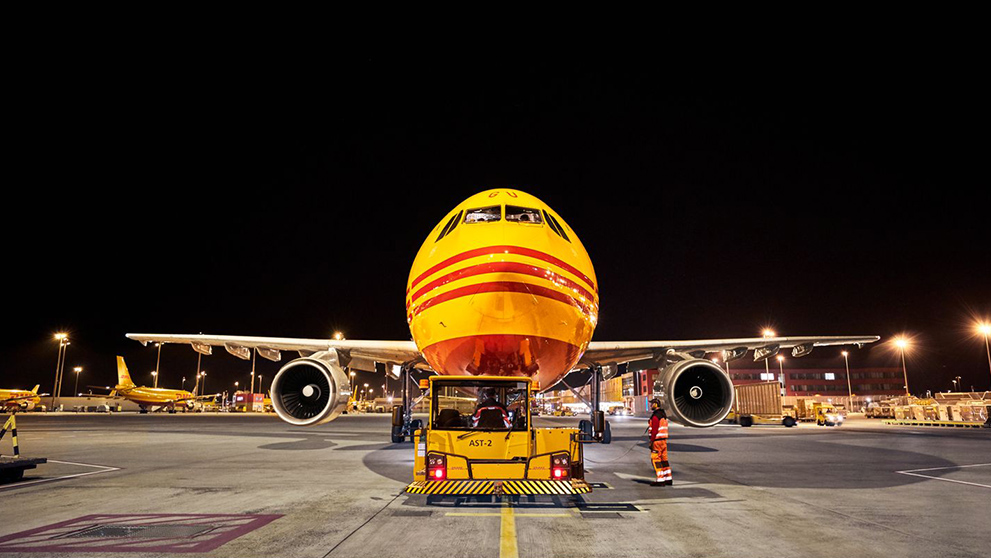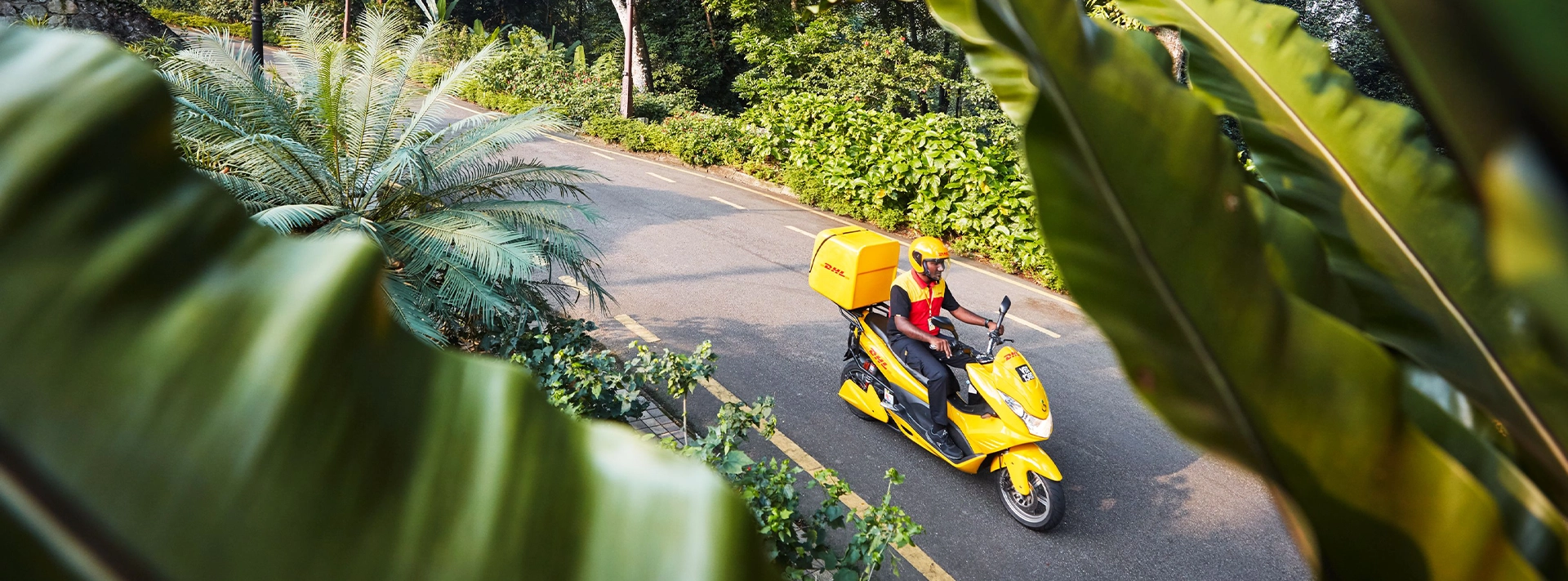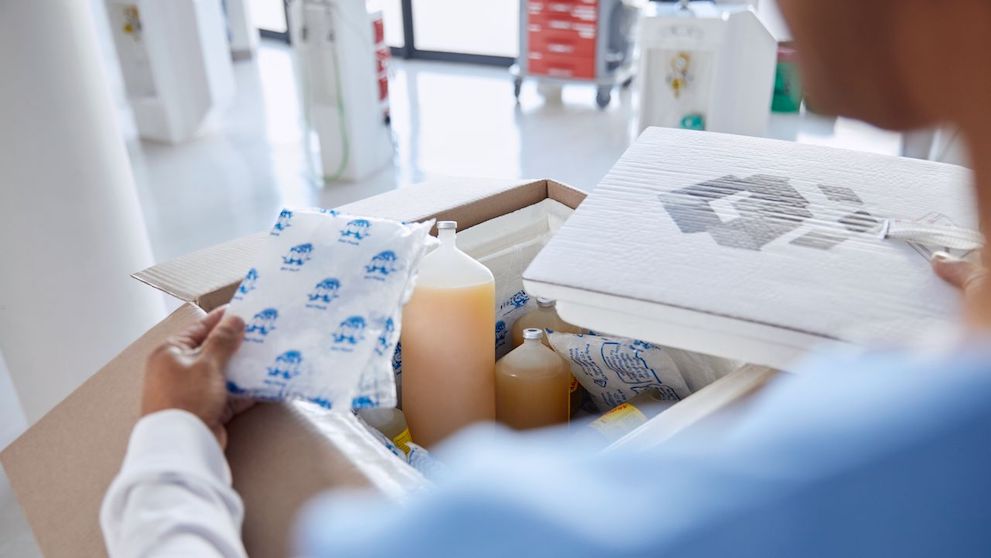The world has witnessed an unprecedented shift towards sustainable alternatives, driven by environmental consciousness and economic imperatives. Among these alternatives, jute stands out for its eco-friendly properties and economic viability. But what exactly is jute? A cash crop of Bangladesh widely recognised as 'golden fibre', jute's rise as a viable material in the global market isn't merely a response to current trends; it's a nod to its intrinsic value as a versatile, biodegradable resource.
With its sprawling jute fields, Bangladesh has emerged as a pivotal player in this landscape. As the world's largest producer of jute, accounting for 58% of global jute production, latest figures from the Food and Agriculture Organisation of the United Nations (FAO) indicate, Bangladesh isn’t just catering to rising demands — it's setting the gold standard. A glance at the numbers corroborates this: the country’s exports of raw jute and jute-based products manufactured from it contribute 1% to the country's GDP and account for 3% of the overall export earnings, according to IMARC Group.
Jute in Bangladesh, a deep-rooted legacy
Following the global surge in interest towards jute and its related goods, a deeper dive into its origins and significance in Bangladesh becomes essential. Beyond being the world's largest producer, the country has a profound relationship with this ‘golden fibre’, one that's woven into its cultural and economic tapestry.
Historically, jute has been integral to Bangladesh, not just as a product for trade but as a symbol of its agrarian roots. The country’s landscape is dotted with numerous jute mills, emphasising its role in modern trade. These mills, equipped with advanced techniques, efficiently process raw jute, transforming it into a myriad of products that cater to global market trends.
Beyond its commercial importance, jute is a beacon of employment in Bangladesh, from which livelihoods are offered to countless families. This isn’t just about numbers; it's a testament to the country's dedication to maintaining its legacy while innovating for the future. As the global business ecosystem leans towards sustainability, Bangladesh’s commitment to the production and export of quality items made from jute ensures it remains a pivotal player in the march towards a greener future.
